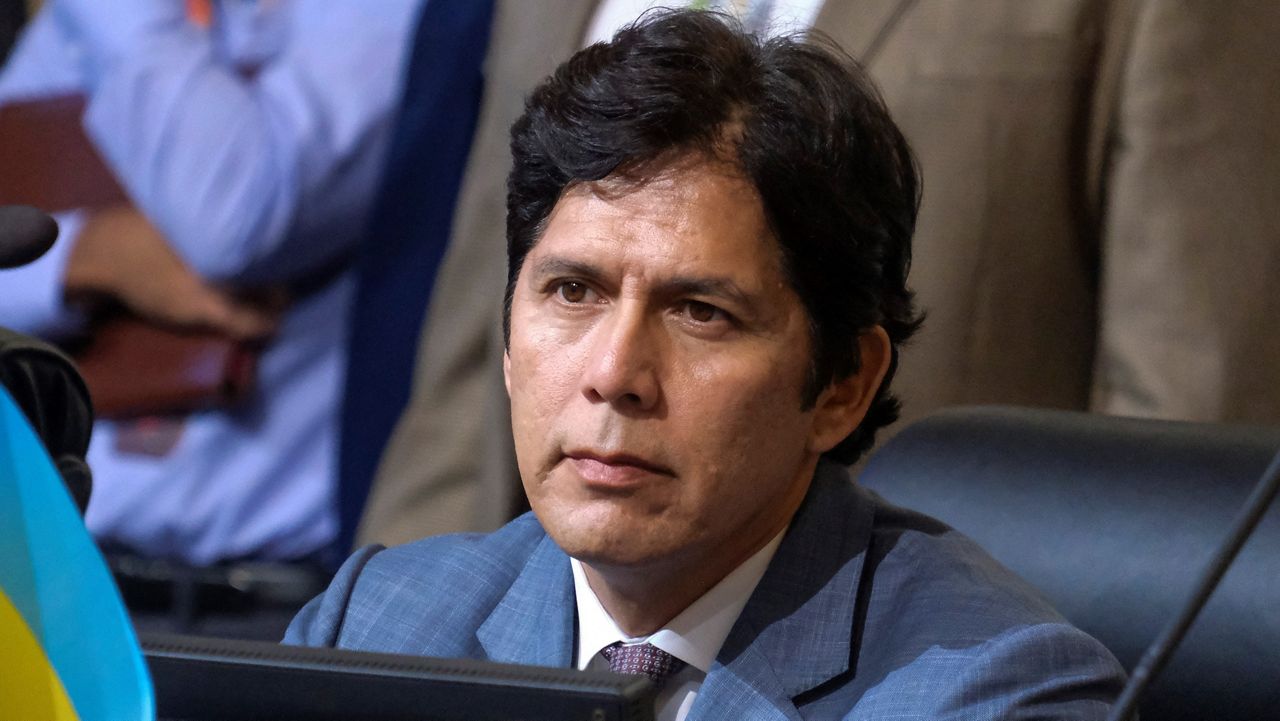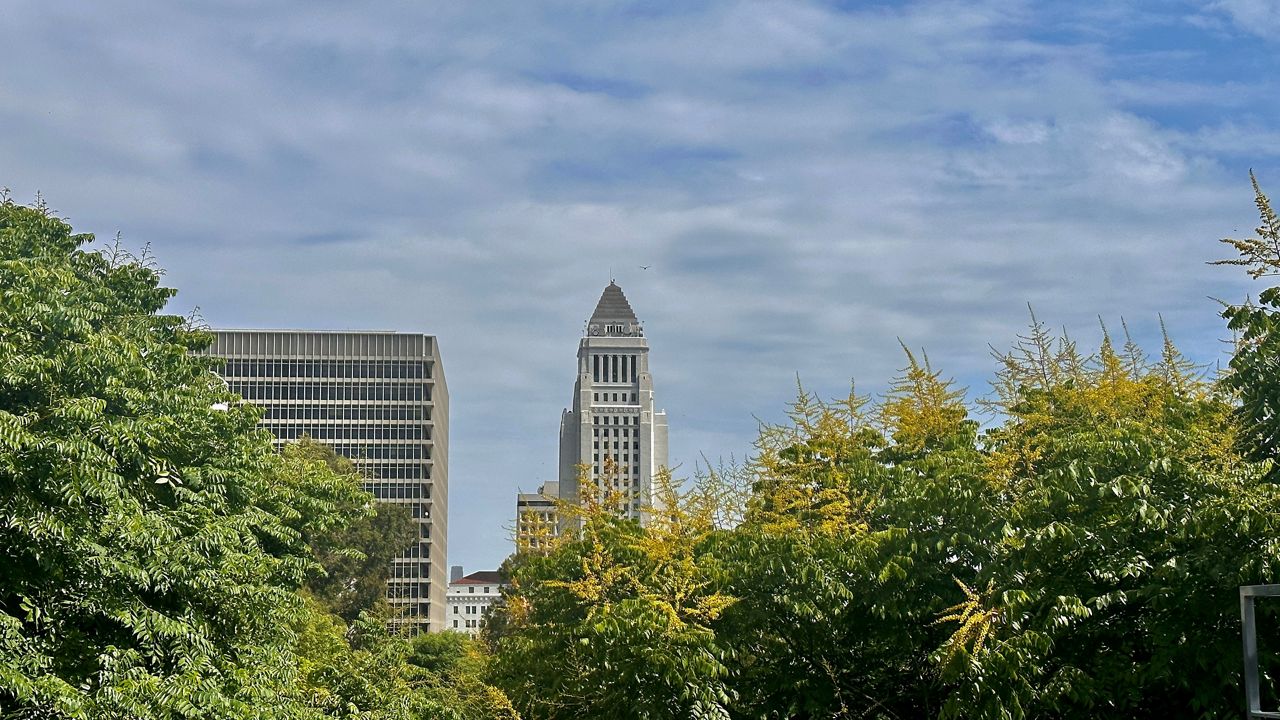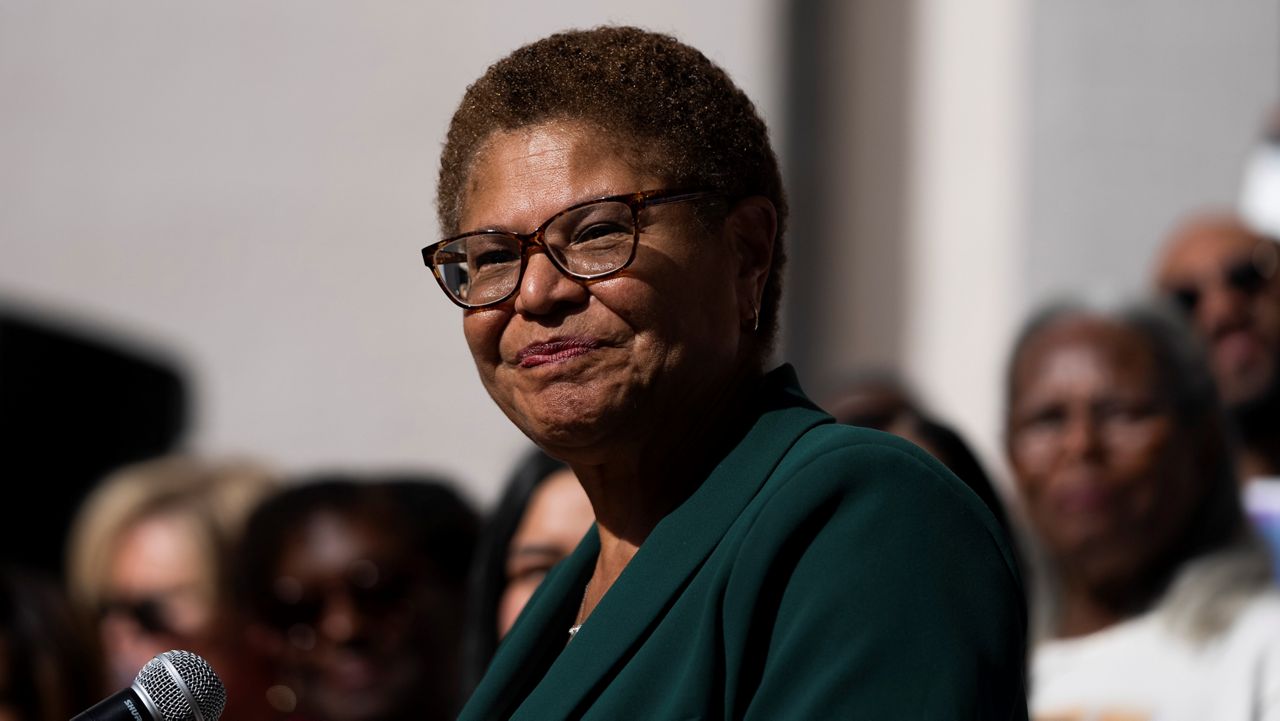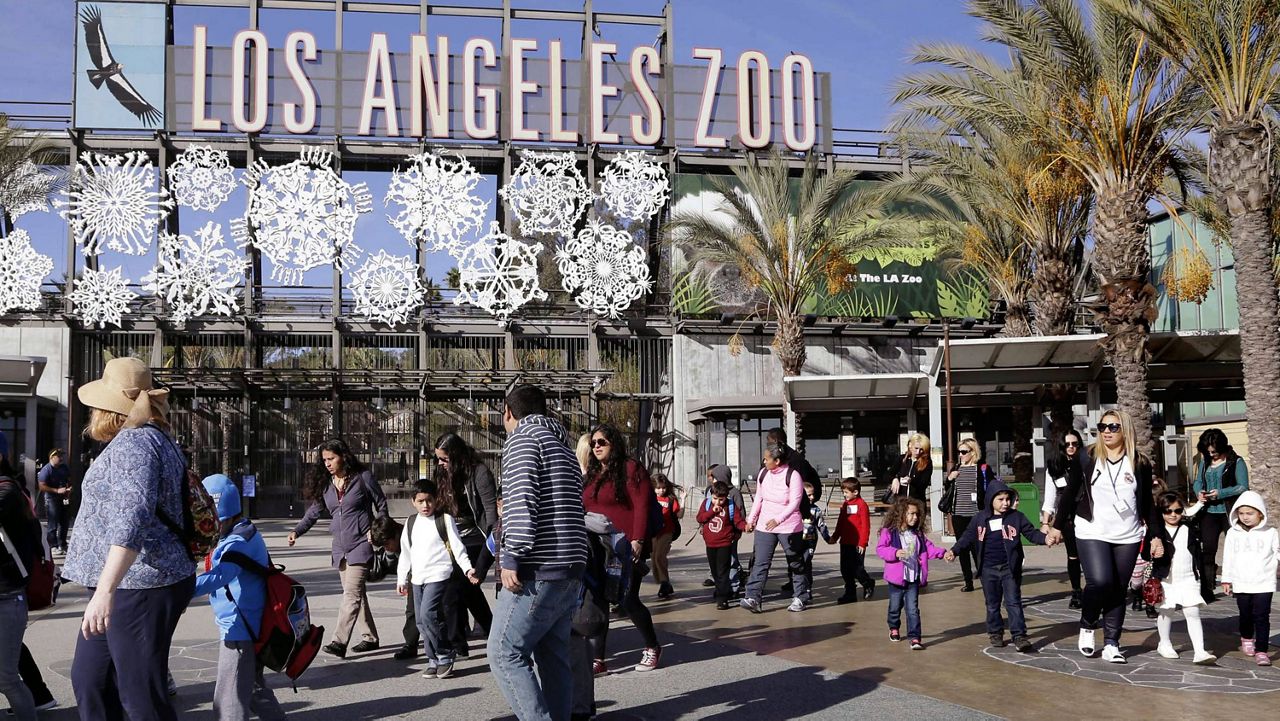LOS ANGELES (CNS) — Despite sustained vocal protests demanding the resignation of City Councilman Kevin de León for his role in the City Hall racism scandal, organizers behind a petition drive hoping to force a recall election still have a tall task ahead of them to gather enough signatures, according to experts.
Joshua Spivak, senior research fellow at UC Berkeley Law School’s California Constitution Center, told City News Service that “the number one, and really the only thing, is getting those signatures.”“That’s the key. If you get enough signatures, if you get to the ballot, there’s a very good chance of success,” said Spivak, who published a book last year titled, “Recall Elections: From Alexander Hamilton to Gavin Newsom.”
Two previous recall bids targeting de León have failed, but those pre-dated the current outrage over his participation in a racism-laden, recorded conversation from last year that led to the resignation of former Council President Nury Martinez.
Last week, organizers submitted a notice of intent to recall de León to the City Clerk’s Office, starting a lengthy recall process. The organizers would need to collect signatures from 21,006 registered voters in District 14 — 15% of the total — in 120 days once the petition is certified.
The actual number of signatures would likely need to be around 25,000 signatures — or a 20% cushion — due to the likelihood of a number of unverified signatures, experts said.
The notice of intent was signed by five residents of the 14th District, including Pauline Adkins, who led the two prior unsuccessful recall attempts of de León. A website announcing the recall campaign lists Adkins as the main contact.
Adkins, in an interview last week with CNS, did not specify how much funding or organizing she had in place to gather signatures, noting only that the organizers have a “strategic team” in place.
But she claimed the amount of support she is receiving for her third recall bid is “night and day” compared to her previous two attempts given the uproar over the racism scandal. Adkins said she is “1000% confident” that she will be able to gather the signatures.
“That’s the vibe we’re getting is that there’s going to be a lot of constituents,” Adkins said. “They’re very, very upset. I’m just overwhelmed by the participation of CD 14 in this early stages of the recall.”
Adkins lives in Eagle Rock and owns a landscaping and home repair business.
On what appears to be her Facebook page, Adkins has written posts that noted support for former President Donald Trump and claimed falsely that the 2020 presidential election was rigged and a “horrible theft.”
She claimed in a post in March that her previous attempts to recall de León were “being foiled by the staff of the Election Office,” writing: “I have been labeled a Trumpster, so they know that I am a Trump supporter, and of course the City of Los Angeles is seriously Democratic.”
Adkins focused her prior recall attempts on de León’s efforts to build tiny home villages in Eagle Rock and Highland Park as interim housing amid a historic homelessness and affordable housing crisis in Los Angeles.
“I’m sure that we will be well-protected and well-financed,” Adkins said, of her current recall bid.
It is possible for another group of organizers to start their own recall bid, or join forces with Adkins’ group.
Spivak said one of de León’s strategies might be to contrast himself with Adkins, but that might be difficult.
“It would be very hard to get that into people’s heads, if that’s what he’s facing,” Spivak said.
If de León is recalled, his replacement would likely also be a Democrat, making the recall question a nonpartisan one based on de León’s character, experts said.
“Especially with the yes or no vote,” Spivak said. “That question is staring you in the face: ‘Was this behavior OK?’ So, voters may very well say no.”
A potential recall election would also include a second question on the ballot, asking who should fill de León’s seat should he be ousted.
Sarah Hill, professor of political science at Cal State Fullerton, told CNS that Adkins currently has outrage working in her favor.
“You generally need a high profile reason to get someone removed, and she has that now,” Hill said.
De León, along with Councilman Gil Cedillo, has defied fierce and widespread calls to resign for taking part in the leaked 2021 conversation that involved racist comments and attempts to manipulate the city redistricting process.
In a statement after the notice of intent was filed last week, Pete Brown, a spokesman for de León, said: “After three failed attempts, yet another recall that distorts his record will not distract the council member or his office from continuing to serve the people of Council District 14. He will keep moving forward important projects and issues that threaten the communities and the lives of his constituents.”
De León’s term runs until December 2024. The council cannot remove de León or Cedillo; they would have to resign or, in de León’s case, be recalled.
Cedillo cannot be recalled because there is not enough time before his term expires in December. He lost his reelection bid in the June primary.
During several interviews since the recordings were released, de León has claimed that resigning would be the easy way out, and he wants to do the work of healing with the communities that he has hurt.
De León has not attended a council meeting since Oct. 11, and Council President Paul Krekorian said that if de León does attempt to come back, other members of the council would leave the meeting.
Even with widespread condemnation of de León, Hill said that it remains “really hard to get that many signatures” in 120 days. It will take financial backing and volunteers, such as people willing to stand in front of grocery stores to ask people to sign the petition. Some potential supporters may not know whether they are residents of de León’s district, and there is also the additional step of providing an address.
“I think if it ends up on the ballot, there will be enough attention, the media will cover it and folks are angry enough — I think they’ll vote to recall him,” Hill said. “The hard part is getting it on the ballot, just because it’s so many people hours to actually get that done.”











